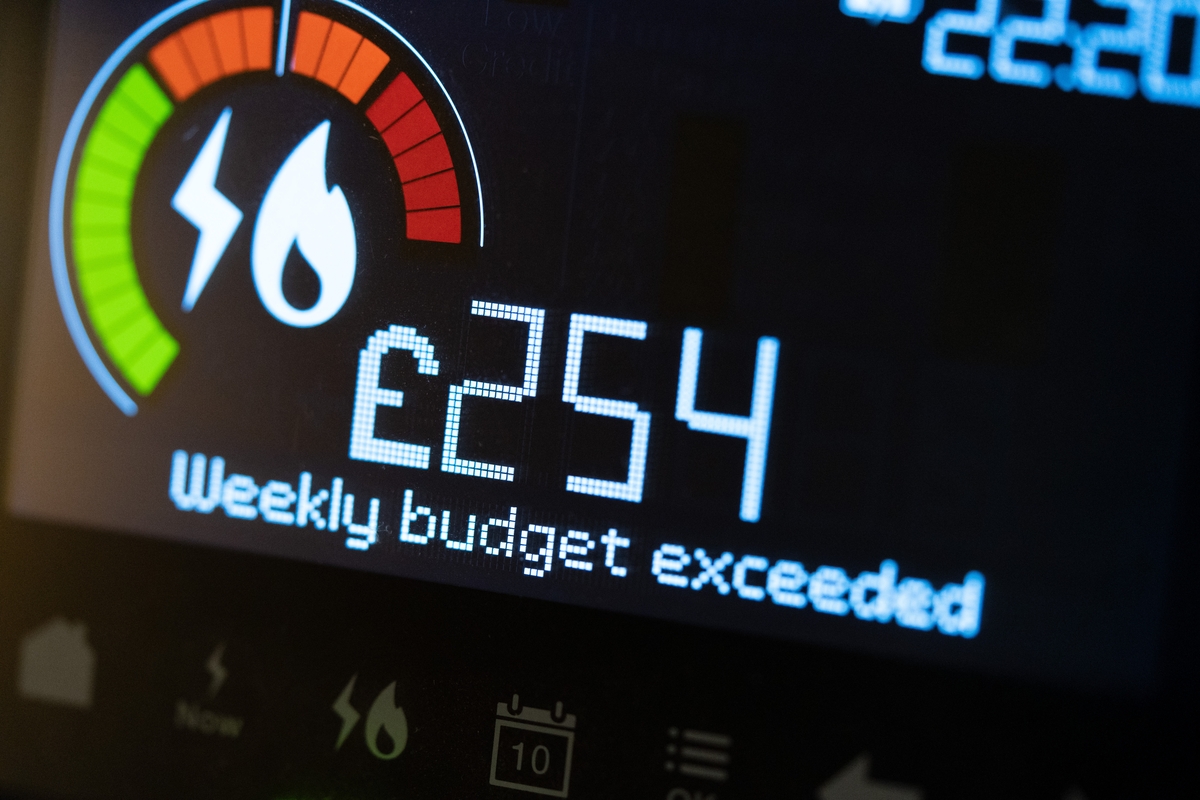Dear visitor,
You're reading 1 of your 3 free news articles this quarter
Register with us for free to get unlimited news, dedicated newsletters, and access to 5 exclusive Premium articles designed to help you stay in the know.
Join the UK's leading credit and lending community in less than 60 seconds.
Ofgem confirms change in price cap updates
Ofgem has confirmed the energy cap will be updated quarterly, rather than every six months.

Senior Journalist, covering the Credit Strategy and Turnaround, Restructuring & Insolvency News brands.
Announced today (4 August), the regulator has said the change will go some way to provide the stability needed in the energy market - and will reduce the risk of large-scale supplier failures.
The price cap - as set out in law in 2018 - reflects what it costs to supply energy to homes by setting a maximum suppliers can charge per unit of energy. As a result of the market conditions, the price cap will have to increase to reflect increased costs, with Ofgem publishing the next price cap level at the end of August.
Making the price cap every quarter - according to the regulator - will mean that while the price cap will have to rise, it continues to remove the risk of prices rising quickly for consumers when wholesale prices go up but falling slowly and less fully when they go down.
Ofgem chief executive Jonathan Brearley said: “I know this situation is deeply worrying for many people.
“As a result of Russia’s actions, the volatility in the energy markets we experienced last winter has lasted much longer, with much higher prices than ever before. And that means the cost of supplying electricity and gas to homes has increased considerably.
“The trade-offs we need to make on behalf of consumers are extremely difficult and there are simply no easy answers right now. Today’s changes ensure the price cap does its job, making sure customers are not only paying the real cost of their energy, but also that it can adapt to the current volatile market.
“We will keep working closely with the government, consumer groups and with energy companies on what further support can be provided to help with these higher prices.”
It comes as energy market researcher Cornwall Insight said that some businesses could face bills five times their current price in October, as concerns over Russian gas supply, tight electricity markets in Europe and a global disruption to liquified natural gas will lead to price spikes.
It’s feared that this increase in October, coupled with the other economic concerns being seen in the market, could tip firms over the edge. This is particularly true to certain businesses whose profitability is most exposed to energy cost increases - including hospitality, leisure, retail and many in the industrial sector.
Robert Buckley, head of relationship development at Cornwall Insight, said that “logic dictates” that there can only be so long that so many businesses can pay so much more for their energy without knock-on consequences for themselves, their suppliers and the wider economy.
He added: “And if we at Cornwall Insight are correct there will be no return to 2020-21 wholesale prices before 2030. Despite this, in contrast to households, there has been strikingly little said about the affordability of business energy bills.
“We must think much harder about what this energy crisis is doing to business. This is not only to ensure we don’t see loss of output, but so we don’t see companies with heritage, roots in their communities and otherwise good prospects washed away.
“Such an outcome would have consequential impacts on real people and families, not just company balance sheets and GDP statistics. Yet the level of action by the government is surprisingly small given their wider economic agenda could be at stake.
“We are simply not having the essential conversations in Great Britain on relief for, or of, structured energy savings from businesses. We must ask ourselves whether we should be following the example of countries such as Germany, who are talking about the potential for rationing energy and taking energy savings measures now.
“But what else can be done? Opening a scheme where businesses could get paid to not use energy at peak times would be a start.
“After all, we know what triggers winter demand peaks even if we do not know exactly when they will occur. Not only could such a scheme properly value demand response but there would be significant carbon savings too as fossil fuel generation would not need to run."
Stay up-to-date with the latest articles from the Credit Strategy team
Get the latest industry news






